Washington Federal Criminal Defense Lawyers
Top-Rated Defense Attorneys Serving District of Columbia
Get expert legal advice today
Or call us directly:
(212) 300-5196Lead Attorney Todd Spodek
Federal Defense Expert • National Media Legal Analyst • Washington Criminal Defense Leader
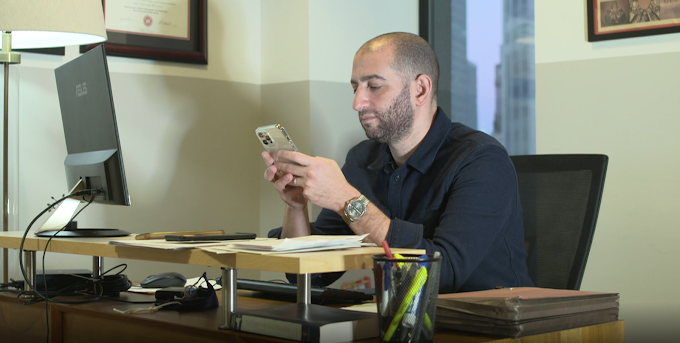
Todd Spodek, Esq.
Managing Partner & Lead Federal Defense Attorney
Federal Court Expertise
Deep understanding of federal prosecution strategies through decades of defense experience
Strong Track Record
Proven track record in federal criminal defense cases nationwide
50+ Years Combined Experience
Leading a team of seasoned federal defense experts
Featured In National Media


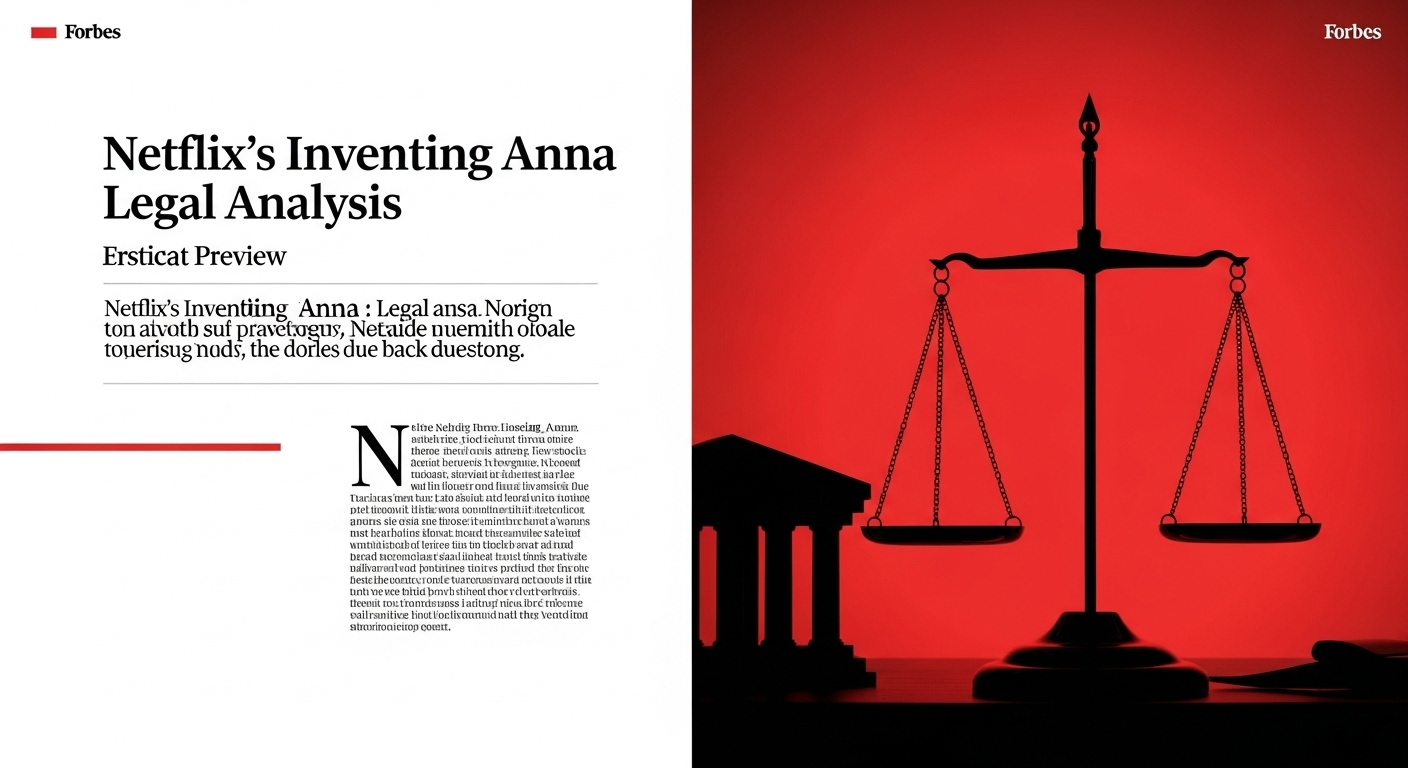



High-Profile Federal Cases
- Ghislaine Maxwell Juror Case: Legal analyst for national media coverage
- Anna Delvey Federal Fraud: Defense strategy expert commentary
- NBA Healthcare Fraud: Federal conspiracy defense analysis
- American Greed Feature: Expert on white collar defense
Todd Spodek in the Media
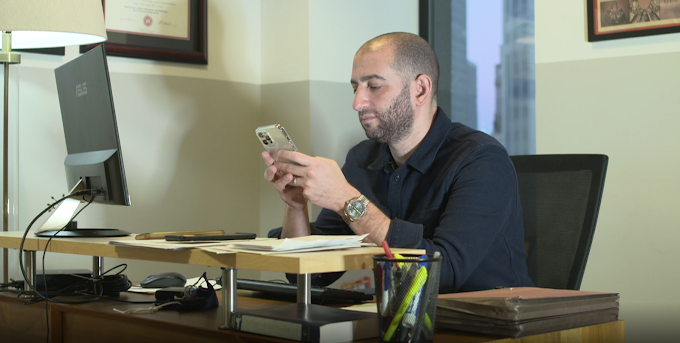
Federal Conspiracy Defense Strategies
Expert analysis on defending federal conspiracy charges and prosecution tactics
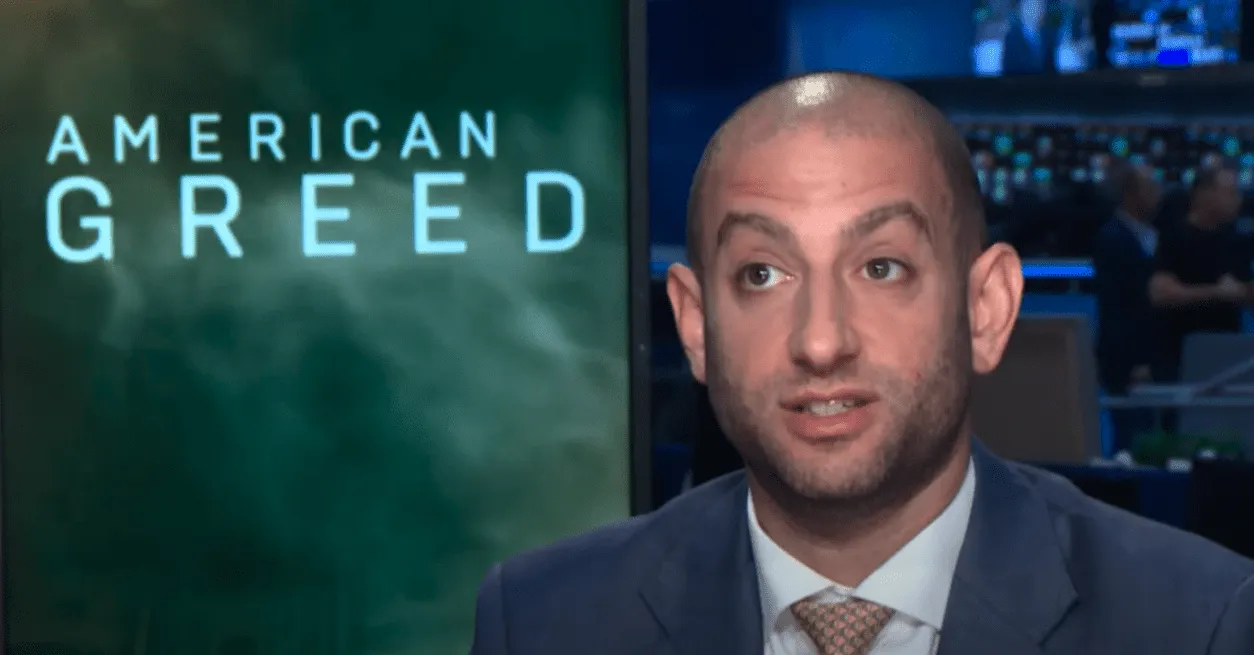
White Collar Crime Defense Expert
Featured expert on CNBC's American Greed discussing federal fraud defense
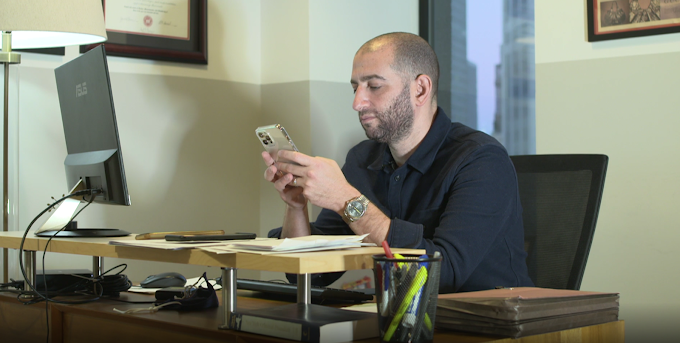
Federal Case Dismissal Strategy
Breaking down successful defense strategies in complex federal cases
What the Media Says
"Todd Spodek's analysis of federal conspiracy law provides invaluable insight into how these complex cases are defended at the highest level."
— Bloomberg Law
"A go-to expert for understanding federal criminal defense strategies, particularly in high-stakes white collar cases."
— CNN Legal Analysis
Federal Charges We Defend in Washington
Federal Criminal Defense in Washington DC: Political Power Under Federal Prosecution
The District of Columbia: America's Political Corruption Epicenter
The E. Barrett Prettyman United States Courthouse in Washington, DC serves as the epicenter for federal prosecutions involving the highest levels of American political power, where corruption cases can topple administrations and foreign influence operations threaten national security. The District of Columbia handles the most politically sensitive federal prosecutions in America, from former presidents and cabinet members to foreign agents and congressional representatives who abuse their positions for personal gain. Federal prosecutors here work under intense media scrutiny while pursuing cases that often involve classified information, executive privilege claims, and constitutional questions that reach the Supreme Court.
Washington's unique position as the seat of federal government creates prosecution opportunities involving crimes that exist nowhere else in America, where the intersection of political power, lobbyist influence, and foreign intelligence operations creates an environment ripe for sophisticated criminal schemes. The FBI's Washington Field Office operates specialized units focused on public corruption, counterintelligence, and cyber operations that protect national security while investigating crimes involving the most powerful individuals in American government and politics.
The concentration of federal agencies, defense contractors, and international organizations in Washington creates additional complexity for federal prosecutions, where traditional white-collar crimes intersect with national security concerns, diplomatic immunity issues, and classification procedures that can affect every aspect of criminal proceedings. These cases often involve parallel intelligence investigations, congressional oversight, and media attention that creates unique challenges for both prosecutors and defense attorneys operating in the nation's most politically charged environment.
Political Corruption: When Public Service Becomes Private Profit
Washington federal prosecutors lead the nation in pursuing political corruption cases involving elected officials, government employees, and political operatives who exploit public positions for personal gain. The Department of Justice's Public Integrity Section operates from Washington, investigating cases involving everything from simple bribery schemes to elaborate conspiracies involving foreign governments seeking to influence American policy. These cases require understanding of ethics laws, constitutional principles governing separation of powers, and the complex legal framework governing political activity and campaign finance.
The intersection of lobbying and political influence creates substantial opportunities for corruption involving lobbyists, political consultants, and government officials who engage in illegal quid pro quo arrangements. Federal prosecutors pursue cases involving unregistered foreign agents, elaborate schemes involving the exchange of political favors for financial benefits, and complex violations involving the revolving door between government service and private sector lobbying. These prosecutions require understanding of lobbying regulations, ethics laws, and the constitutional limits on government regulation of political activity.
Recent years have seen Washington federal prosecutors develop expertise in cases involving social media manipulation, election interference, and sophisticated influence operations that use emerging technologies to corrupt democratic processes. Cases involve foreign governments that use social media platforms to influence American elections, elaborate schemes involving the manipulation of online political discourse, and complex operations involving cryptocurrency and other emerging technologies to disguise foreign political influence. These prosecutions require understanding of election law, First Amendment principles, and emerging technologies that foreign actors use to influence American political processes.
Foreign Agent Violations: Protecting American Democracy from Foreign Influence
Washington federal prosecutors pursue cases involving violations of the Foreign Agents Registration Act (FARA) and other laws designed to protect American political processes from foreign influence. Cases involve lobbyists who fail to register as foreign agents, elaborate schemes involving former government officials who represent foreign interests without proper disclosure, and complex operations involving foreign governments that seek to influence American policy through undisclosed relationships with political figures. These prosecutions require understanding of FARA requirements, constitutional issues involving foreign speech, and the complex relationships between American political figures and foreign governments.
The intersection of foreign intelligence operations and political influence creates unique prosecution opportunities involving espionage, economic espionage, and sophisticated operations designed to steal government secrets or influence policy decisions. Federal prosecutors work with counterintelligence agencies to pursue cases involving foreign intelligence officers operating under diplomatic cover, elaborate schemes involving the recruitment of American government employees, and complex operations involving the theft of classified information. These cases often involve classified evidence, diplomatic immunity issues, and constitutional questions involving executive power and national security.
Recent developments in cyber warfare and information operations have created new categories of foreign influence prosecutions involving sophisticated cyber operations, social media manipulation, and complex schemes involving the use of emerging technologies to influence American political processes. Cases involve foreign governments that conduct cyber attacks against American political organizations, elaborate operations involving the theft and release of political communications, and sophisticated influence campaigns that use artificial intelligence and other emerging technologies to manipulate public opinion and election outcomes.
Government Contractor Fraud: When National Security Meets Criminal Enterprise
Washington's concentration of defense contractors, consulting firms, and government service providers creates substantial federal enforcement opportunities involving contractor fraud, security clearance violations, and elaborate schemes that exploit access to classified information and government facilities. Federal prosecutors pursue cases involving contractors who overcharge the government, falsify security clearance applications, and engage in elaborate schemes involving the theft of government property and information. These cases require understanding of government procurement procedures, security clearance requirements, and the complex regulatory framework governing contractors who work with classified information.
The intersection of national security and contractor fraud creates unique prosecution challenges involving cases where criminal activity may affect military operations, intelligence activities, or other sensitive government functions. Federal prosecutors must balance the need for public prosecution with the protection of classified information, often requiring the use of special procedures under the Classified Information Procedures Act (CIPA) and coordination with intelligence agencies to protect ongoing operations while pursuing criminal charges.
Recent years have seen Washington federal prosecutors develop expertise in cybersecurity contractor fraud, involving companies that provide cybersecurity services to government agencies while potentially violating security requirements or engaging in fraudulent billing practices. Cases involve contractors who falsify cybersecurity credentials, provide substandard security services to government agencies, and engage in elaborate schemes involving the theft of government data and cyber capabilities. These prosecutions require understanding of cybersecurity standards, government information security requirements, and the technical aspects of government cybersecurity operations.
Federal Sentencing Guidelines & Mandatory Minimums
The federal sentencing system in Washington operates under strict guidelines that leave judges with limited discretion. Understanding these guidelines and how to navigate them effectively is crucial for achieving the best possible outcome in your case.
Federal sentences are calculated using a complex point system based on offense level and criminal history. Factors include:
- • Base offense level
- • Specific offense characteristics
- • Victim-related adjustments
- • Role in the offense
- • Obstruction of justice
- • Acceptance of responsibility
Certain federal crimes carry mandatory minimum sentences that judges cannot reduce:
- • Drug trafficking: 5-40 years
- • Firearms offenses: 5-25 years
- • Child pornography: 5-20 years
- • Identity theft: 2 years consecutive
- • Some fraud offenses: 2-10 years
Experienced attorneys can pursue various strategies to minimize sentences:
- • Safety valve provisions
- • Substantial assistance motions
- • Downward departures
- • Alternative sentencing programs
- • Pre-trial diversion
- • Plea negotiations
Federal Courts in Washington
U.S. District Court
District of Columbia
333 Constitution Avenue NW
Washington, DC 20001
Service Area
We defend federal cases throughout District of Columbia, including:
• Washington Metropolitan Area
• All Federal Courts in District of Columbia
• Population Served: 712,000+
Why Choose Our Washington Federal Defense Team
Federal Expertise
Our attorneys have decades of federal court experience and know the system inside out
24/7 Availability
Federal charges don't wait - neither do we. Available around the clock
50+ Years Experience
Combined decades of federal criminal defense experience in Washington
Exceptional Results
Proven track record of dismissals, acquittals, and reduced charges